In the run-up to elections in several countries worldwide, misinformation, disinformation, and fake news can be particularly problematic, creating confusion



In the run-up to elections in several countries worldwide, misinformation, disinformation, and fake news can be particularly problematic, creating confusion
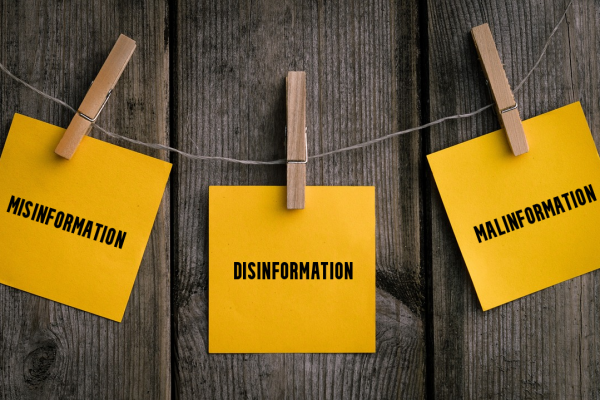
Misinformation, disinformation, and malinformation are all terms that refer to false or misleading information, but they differ in how they
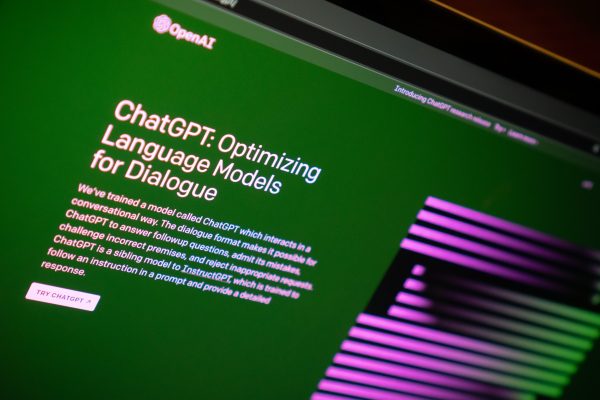
Recently, there has been an increasing concern over the proliferation of fake news, misinformation, and disinformation. With the rise of
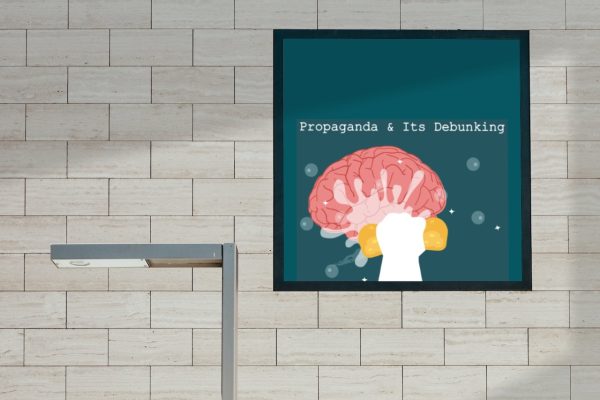
Propaganda refers to the spread of information, ideas, or opinions with the aim of influencing the opinions or actions of
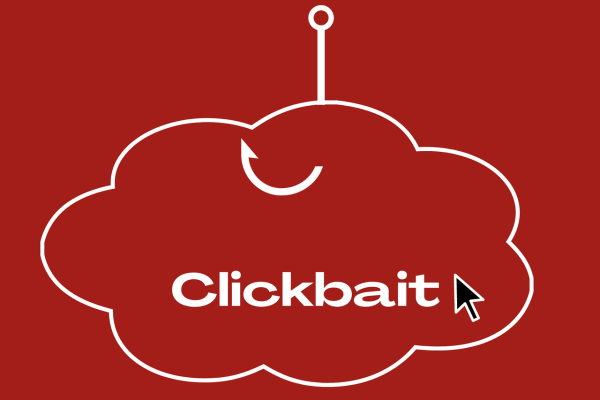
Clickbait is a form of online content that uses sensational or misleading headlines to entice people to click on a
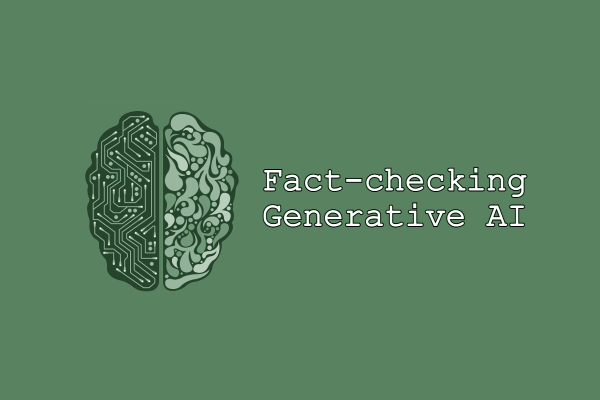
As the technology of Generative AI continues to advance, the ability to create realistic images has become increasingly sophisticated. However,
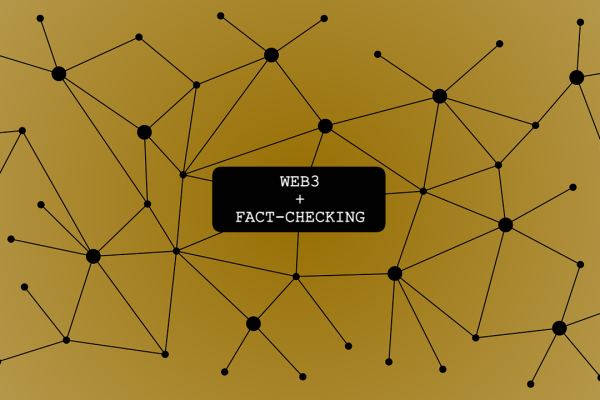
Web3, also known as the decentralized web, refers to the use of blockchain technology to create a decentralized network of

Fact-checking is the process of verifying the accuracy of information or claims. It is an important skill in today’s world,
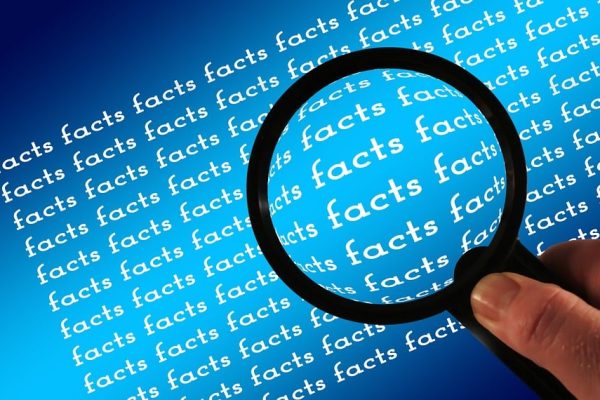
Fact-checking is the process of verifying the accuracy of information and statements made by individuals or organizations. It is an
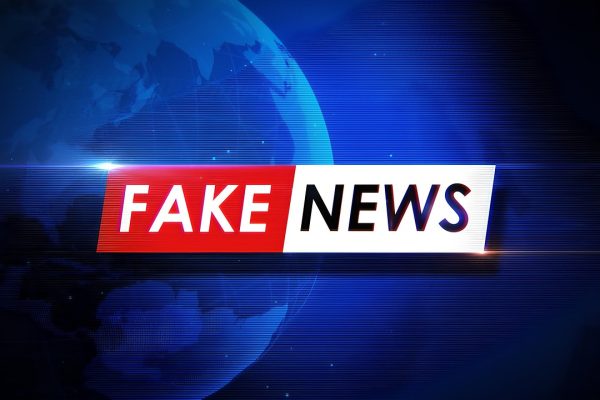
Fake news and misinformation are becoming increasingly prevalent in today’s society, and they can have serious consequences. False or misleading
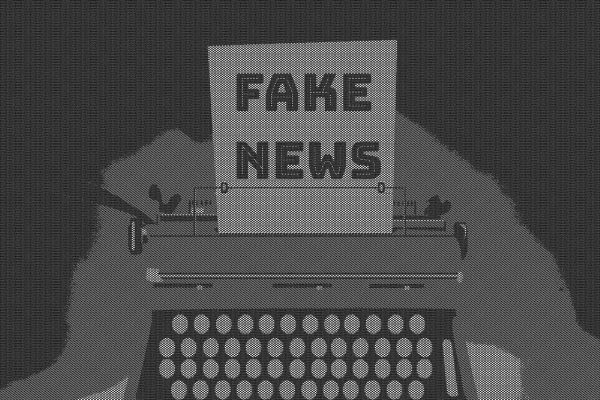
The authenticity of information has long been a concern for both printed and digital media, affecting both businesses and society.
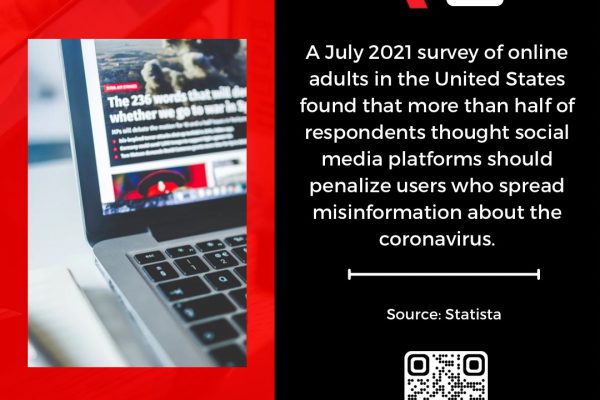
A July 2021 survey of online adults in the United States found that more than half of respondents thought social
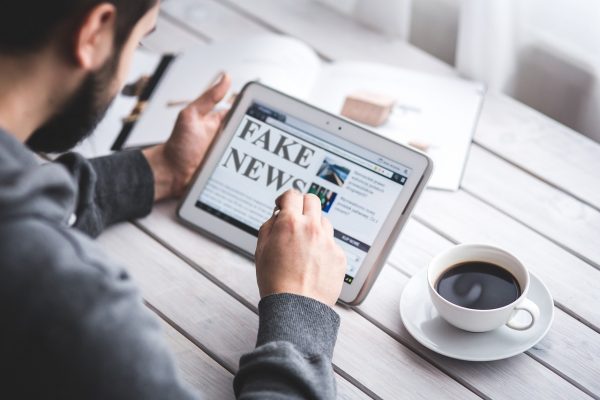
A survey of news consumers in the United States found that 38.2% had unknowingly shared fake news or misinformation on social media.